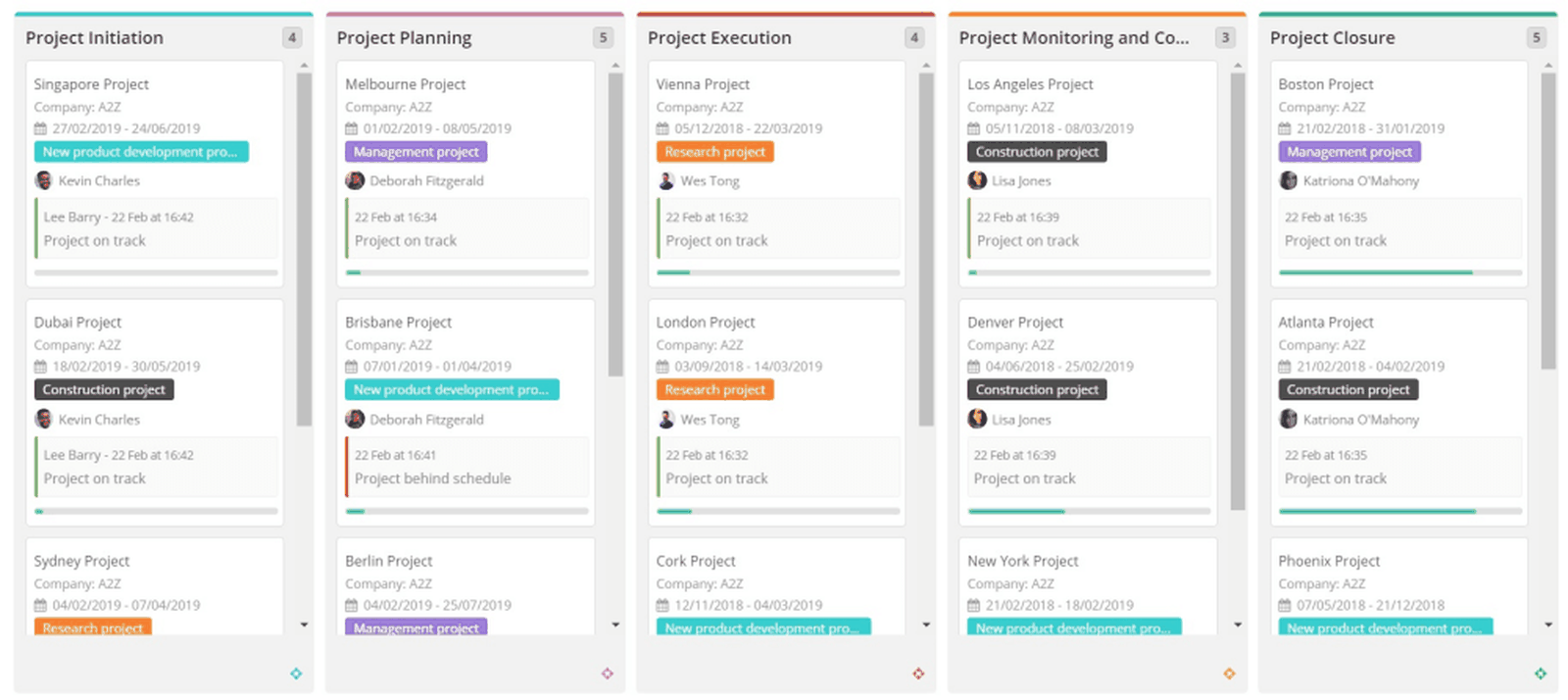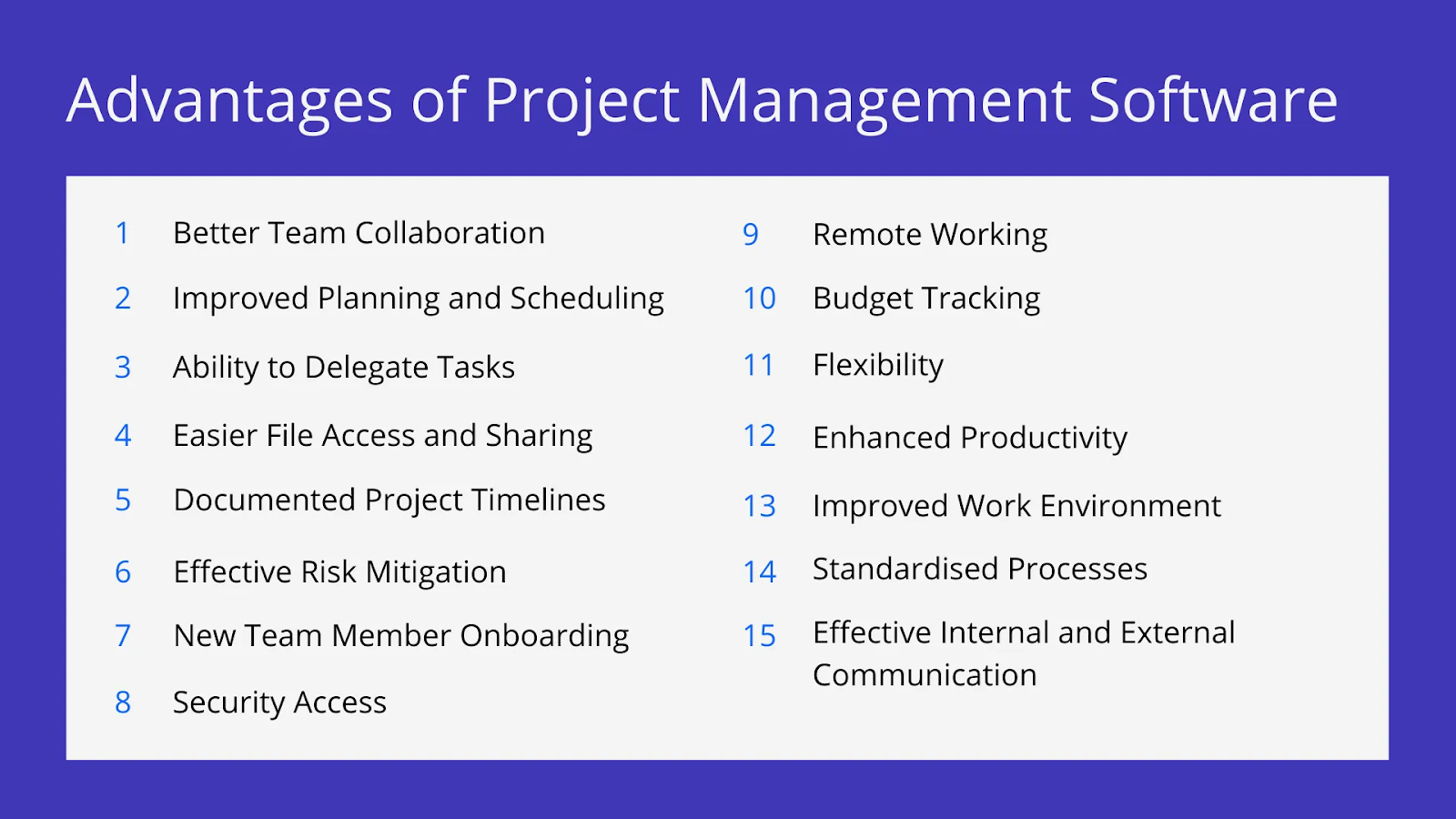When ad hoc or last-minute projects pop up, they can throw a wrench in your schedule, piling on the workload and sometimes leading to communication mishaps and slip-ups. To keep things smooth, it's key to stick to the top shelf project management practices: ranking tasks by their urgency and importance, scoping out potential snags with a risk assessment, and setting crystal-clear project goals and requirements.
Nailing project communication is a must to keep everyone on the same wavelength, dodging misunderstandings and delays. A sharp project timeline can also boost your efficiency big time in handling these surprise requests, making them a bit less of a headache. It's all about getting all hands on deck and smoothing out the bumps posed by ad hoc requests.
Introduction to ad-hoc requests
Ad-hoc requests are those curveballs in project management that need immediate attention and prioritizing. These are the tasks that come out of the blue, demanding quick changes to the schedule and can lead to a bit of a mess with poor communication, errors, and a heavier workload due to their off-the-cuff nature.
To get a grip on these ad hoc projects, a thorough risk assessment is critical to ensure they don’t throw off your project's timeline or hinder hitting your project targets. Handling these requests with clear-cut project requirements and solid communication is crucial to dodging misunderstandings and nailing task completion.
Definition and importance of ad-hoc requests
Ad-hoc requests are those last-minute calls to action that require quick, on-your-feet thinking and task prioritization. They're all about swift schedule adjustments and are usually more urgent than your typical planned projects, lacking a set timeline and specific goals at the outset.
While they can be a headache, stirring up errors due to rushed communications and urgency, they’re also critical in testing how nimble and flexible an organization can be in risk assessment and responding to unexpected project demands.
Common scenarios for ad-hoc requests
Ad hoc projects often bubble up from sudden schedule shifts or out-of-the-blue requests that are tight on time. These scenarios require slick project management skills to quickly prioritize tasks and assess risks to ensure that project goals are met within a tight timeline.
These requests are typical in situations where communication snafus or blunders increase the team's load. Here, top-notch project communication is vital to manage expectations and navigate through these challenges smoothly.

Challenges in managing ad-hoc requests
Handling ad hoc projects or last-minute tasks is no walk in the park thanks to their spontaneous nature and the quick changes they bring. These urgent tasks can throw your established timeline out of whack, demanding quick and right-on-the-money task prioritization. This unpredictability can bump up the workload and make a thorough risk assessment all the more crucial.
Moreover, these projects are notorious for communication mishaps around project requirements and goals. With rushed and sometimes incomplete communications, the odds of misunderstandings and errors shoot up, cranking up the complexity in project management.
Impact on productivity
Mishaps like poor communication, slip-ups, and sudden changes can take a serious toll on productivity during a project. When ad hoc or last-minute projects crop up, they stir up the task list and workload, messing with the project timeline. This can gum up the works in hitting project targets as out-of-the-blue risk assessments become necessary to redefine project needs. As a result, project management and communication might take a hit, dialing down overall productivity.
Effect on workflow and prioritization
Unexpected requests and last-minute projects can seriously knock the project timeline off course, leading to abrupt schedule changes and making it tougher to reach project goals. The need for risk assessments then piles up due to the increased workload, blunders, and mishaps in communication, making prioritizing these ad hoc projects all the more important.
Project management steps up to smooth out these disruptions, but it also calls for keen attention to task prioritization, understanding project needs, and ensuring crisp project communication. These steps help in reducing timeline risks, minimizing errors, and ultimately, successfully hitting the project's targets.
Issues with tracking and accountability
Keeping track of progress and maintaining accountability in project management can face a slew of challenges. A barrage of ad hoc projects and last-minute tasks often leads to sudden schedule changes, stirring up a storm in task prioritization. Coupled with unforeseen requests, these challenges can overwhelm the workload and throw the project timeline into disarray.
Frequently, poor communication clouds the clear understanding of project goals and requirements, leading to blunders. A lack of proper risk assessments adds to the chaos. Thus, setting up solid project communication methods is crucial for effective tracking and accountability.
Strategies for managing ad-hoc requests
Managing ad hoc projects requires a tactical approach to be effective. A key strategy is conducting risk assessments to foresee potential pitfalls and plan for sudden schedule changes. Proper project management tactics should also include laying out project timelines and prioritizing tasks to fit unexpected requests and last-minute projects into the mix.

Clear and effective project communication is pivotal in handling ad hoc projects. It helps lessen risks tied to poor communication and mistakes, ensuring tasks align with the project goals and requirements. Balancing the workload is also essential—it eases stress and fosters a more productive work environment.
Establishing a clear process
Handling ad hoc projects, last-minute tasks, and unexpected requests effectively hinges on robust project management. This involves prioritizing tasks according to the project timeline and goals and requires spot-on project communication to sidestep the typical communication blunders that often lead to mistakes.
Setting up a clear procedure can effectively manage sudden schedule changes, helping distribute the workload evenly and carrying out necessary risk assessments. Getting a solid grasp on project requirements is also crucial for ensuring tasks are completed successfully.
Setting priorities and deadlines
In project management, prioritizing tasks and setting deadlines is crucial, especially with ad hoc or last-minute projects that demand quick adjustments. These tasks become particularly challenging when juggling a heavy workload, unforeseen requests, or time-sensitive projects.
Often, muddled communication can lead to mistakes, jeopardizing the project timeline and overall goals. Thus, getting a clear understanding of project requirements and beefing up project communication is vital.
A thoughtful risk assessment can significantly help in dodging potential issues, ensuring that project targets are met on time and tasks are managed efficiently.
Communicating effectively
Effective project management involves prioritizing tasks and project goals to meet the project timeline, especially for ad hoc and last-minute projects. Properly allocating the workload along with clear project communication minimizes mistakes and allows for quick adaptation to unexpected requests or sudden schedule changes.
However, poor communication often introduces significant risk assessment challenges. Transparent communication minimizes these risks, enabling a team to meet project requirements while timely addressing time-sensitive issues to foster a more efficient work environment.
Role of technology in managing ad-hoc requests
Tech in project management cuts manual errors, poor communication, and sudden schedule changes. Especially with time-sensitive, ad hoc projects and unexpected requests. Modern apps streamline task prioritization, track project timelines, gather essential requirements, and evaluate goals.
This optimizes workload management and boosts communication, reducing misunderstandings that can derail last-minute projects. Plus, tech helps in risk assessment, letting managers foresee potential roadblocks. This significantly aids real-time decision-making in handling ad hoc requests.
Benefits of using project management tools
Project management tools are a game-changer for ad hoc projects, last-minute tasks, and unexpected requests. They manage time-sensitive tasks, cut manual errors, and handle sudden schedule changes. These tools streamline task prioritization and workload management.

They also play a key role in risk assessment, ensuring timelines are met, and goals and requirements are achieved. Project management tools enhance communication, reducing poor communication that can derail progress.
Features to look for in a request management system
When implementing a Request Management System, task prioritization is crucial. The system should handle sudden schedule changes and last-minute projects efficiently. It should also manage unexpected requests and ad hoc projects.
The system needs robust project management tools for requirements, timelines, and goals. It should minimize manual errors, improve communication, and conduct proper risk assessments. Additionally, it should manage workload and tackle time-sensitive tasks while ensuring minimal communication issues.
Review of tools for managing ad-hoc requests
Tools for ad hoc projects, last-minute tasks, and unexpected requests are invaluable. They navigate sudden schedule changes and prioritize tasks. These tools enhance communication, reducing poor communication that leads to manual errors.
They also assist in project management by facilitating workload distribution and making risk assessment easier. Furthermore, they help maintain and update timelines, goals, and requirements, leading to successful project execution.
Asana: A comprehensive solution
Asana is a comprehensive project management solution. It reduces distress from poor communication, manual errors, and sudden schedule changes. It handles ad hoc projects, last-minute tasks, and unexpected requests efficiently, perfect for time-sensitive assignments.
Asana aids in task prioritization, manageable workload, and accurate risk assessments. It outlines timelines, goals, and requirements clearly, enhancing communication and ensuring seamless project progress.
Trello: Simplicity and flexibility
Trello is a versatile project management tool, ideal for ad hoc projects, last-minute tasks, and unexpected requests. It empowers teams with simplicity and flexibility in task prioritization, handling sudden schedule changes, and managing workload. Trello minimizes poor communication and manual errors.
It aids in clear communication, effective risk assessment, defining requirements, and setting goals. Thus, helping construct a realistic timeline. Trello’s user-friendly interface maintains transparency and facilitates seamless team coordination.
Jira: For Agile teams
Jira is a top-tier solution for Agile teams handling ad hoc projects, last-minute tasks, and unexpected requests. Its key feature is project management and task prioritization, allowing teams to handle workload and adjust to sudden schedule changes easily. It minimizes manual errors and enhances communication, improving efficiency and collaboration.
The tool offers comprehensive risk assessment features and enables accurate timeline tracking. By focusing on goals and requirements, Jira provides Agile teams with a platform to navigate time-sensitive requirements and communication challenges effectively.
Monday.com: Visual and intuitive
At the heart of successful project management is a tool for task prioritization, and Monday.com fits the bill. With its visually intuitive interface, it caters to ad hoc projects, last-minute tasks, and unexpected requests. It handles sudden schedule changes and time-sensitive workload, mitigating manual errors from poor communication.
The platform offers comprehensive risk assessment features, helps set realistic timelines, and tracks goals efficiently. It ensures requirements are met and enhances communication, key to successful project management.
Best practices for handling ad-hoc requests

Handling ad-hoc, last-minute projects and unexpected requests can be challenging due to the risk of poor communication, manual errors, and abrupt schedule changes. Here are some best practices:
- Develop a strong project management strategy, focusing on prioritizing tasks based on their importance and urgency.
- Clear project communication is key to prevent misunderstandings and ensure everyone is aligned regarding project goals and requirements.
- Always have a risk assessment to anticipate potential problems that could disrupt your project timeline and adjust the workload accordingly.
Creating a dedicated channel for requests
A dedicated channel for requests can effectively handle ad hoc projects, last-minute projects, or unexpected requests. This approach curtails the occurrence of manual errors and eliminates the consequences of poor communication. It fosters a smooth transition through abrupt schedule changes.
Such a dedicated channel can greatly enhance project management, enabling more efficient prioritizing of tasks. It also helps manage workload by providing a clear project timeline which can help in risk assessment, ensuring tasks meet project goals and requirements.
Moreover, this setup improves overall project communication, making sure everyone is on the same page, limiting misunderstandings, and keeping the project on track.
Regular review and prioritization
Effective project management involves regular review and prioritization to handle unexpected requests and last-minute projects. This includes maintaining a balance between scheduled tasks and ad hoc projects, managing abrupt schedule changes, and coping with time-sensitive workload. Poor communication and manual errors can add to the complexities and require a smart approach towards prioritizing tasks.
While managing such uncertainties, the primary focus should be on the project’s objectives such as aligning with the project timeline, sticking to project requirements, and achieving the project goals. Regular risk assessment and clear project communication are integral to this process, ensuring a smooth workflow despite unexpected challenges.
Setting expectations with clients
Handling ad hoc projects, last-minute projects, and unexpected requests can be challenging and time-sensitive, particularly when there’s poor communication, manual errors, or abrupt schedule changes. It is crucial to set clear expectations with clients regarding project timeline, project goals, and project requirements using effective project management.
Above all, project communication is key to avoid confusion, prioritize tasks, and manage workload. In addition, a risk assessment should be established early to prepare for any unexpected changes or delays, ensuring the successful delivery of the project.
Conclusion: Balancing ad-hoc requests and regular work
Efficient project management involves striking a balance between ad hoc projects and regular workload. This can be challenging given unexpected requests and last-minute projects that integrate abrupt schedule changes. However, prioritizing tasks, a clear project communication strategy, and an effective risk assessment process can mitigate manual errors and uphold project goals.
Project timeline and requirements must be managed efficiently to handle time-sensitive tasks without compromising on regular work. Success lies not in the elimination of poor communication and interruptions but in crafting a balance within the chaos.







